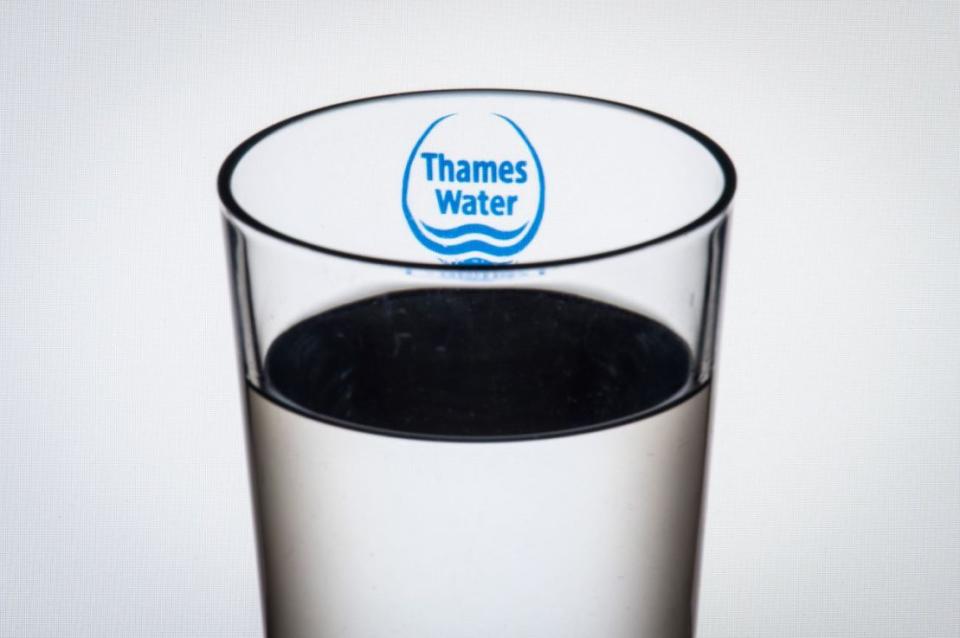Despite its problems, Thames Water still aims to pay £2bn in dividends over the next decade

It has been reported that, despite the company’s myriad of issues, Thames Water has asked the regulator to let it pay up to £2bn in distributions to its investors over the next decade as part of its business plan.
According to The Telegraph, the firm has told the industry regulator Ofwat that it would continue to reward shareholders despite the exponential threat of financial collapse.
The report alleged the payout plan totals up to £290m per year, amounting to £860m between 2025 and 2030. A period during which the company recently said it plans to hike customer bills by more than 40 per cent.
The report in the Telegraph said that Thames’ submitted plan to Oftwat these payments would continue until 2035.
Ofwat does not distinguish between internal and external dividends. Still, last month, it announced new powers that could allow it to block dividend payments if they harm the financial health of already struggling water firms.
Thames Water has repeatedly said that it has not paid dividends to its shareholders since 2017, using the funds instead to make “critical investment we need to make in our systems and assets to improve resilience for the benefit of our customers, communities and the environment.”
Thames does, however, pay a dividend to its parent company, Kemble, to fund its debt obligations and working capital requirements.
An Ofwat spokesperson said: “Since October we have been in discussions with all companies, checking on their proposed plans and seeking further information.
“There has also been further information published in the last few months clarifying companies’ statutory commitments.
“Both these factors have required companies to review their proposed plans and revise their expenditure forecasts to reflect what would be required to fully comply with all statutory requirements.
“We note that Thames Water has now published an update to its business plan, and we will publish our draft view on companies’ plans on 12 June.”
In a cascade of news over the last few months, the utility provider’s situation has worsened. In March, the company had £500m of a proposed £750m shareholder injection pulled from under it.
Thames Water’s nine shareholders, the largest of which is the Canadian pension fund Omers, had indicated they were prepared to commit a total of £3.25bn over the coming years.
Days later, Thames’ parent company Kemble notified the holders of £400m ($505m) worth of its bonds that it did not pay the interest payments due on the loan at the outset of this month.
If Thames cannot convince Ofwat to approve the raising of its bills, amounting to around £627 per year by 2030 against the current level of £433, it risks running out of cash, making a government bailout more likely.
The government has remained silent on whether or not it will step in to save Thames should it eventually sink under its £18bn debt pile.
However, there have been signs that it might.
In January, the government quietly rearranged its special administration regime (SAR) framework, which was taken as a sign policymakers were preparing for the worst.
Additionally, a secret framework for a nationalisation plan, code-named Project Timber, was reported last week. A group of MPs, led by Liberal Democrat Sarah Olney, has previously called for the public to be made aware of the strategy.
A spokesperson for Kemble said: “Shareholders committed to supporting a further £3.25bn of investment on top of the £500m provided last year.
“They pledged not to take any dividends out of the business for themselves until a turnaround was delivered, and not before 2030 and any dividends paid by Thames would be used solely to finance the debt required to support the investment in the network.”

 Yahoo Finance
Yahoo Finance 